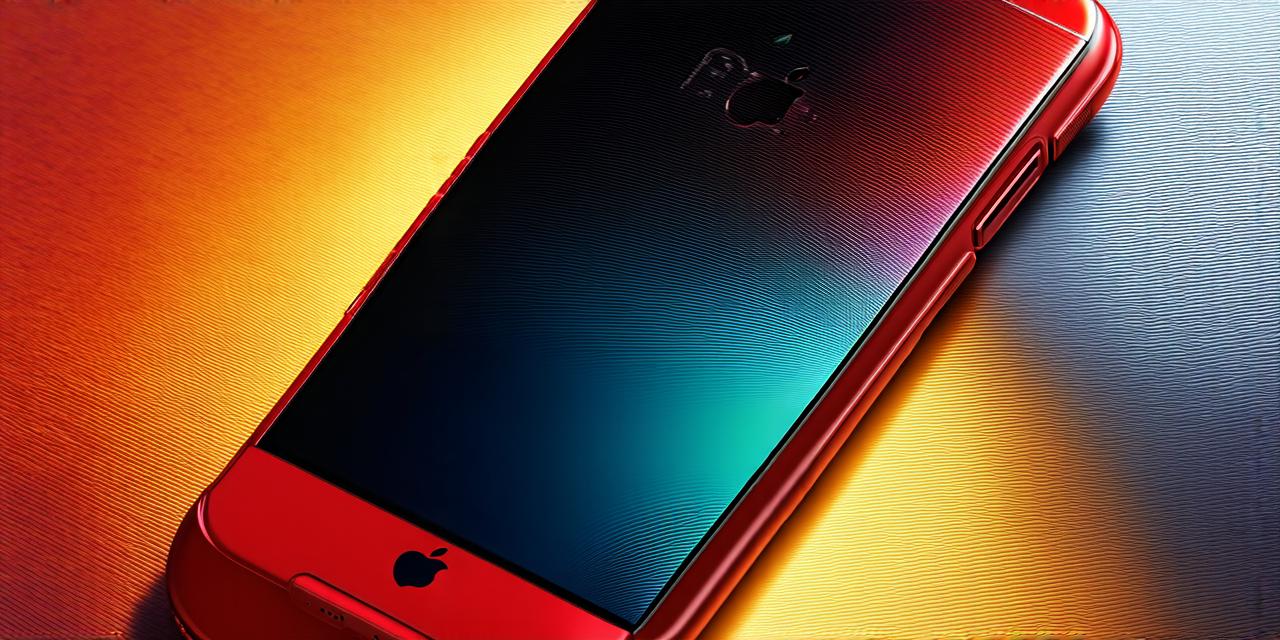Introduction
iOS is Apple’s mobile operating system (OS) for iPhones and iPads. It was first introduced in 2007 with the launch of the iPhone, and since then it has become the dominant mobile platform for smartphones and tablets.
What is iOS?
iOS (iPhone OS) is a mobile operating system developed by Apple Inc. It was first released on January 9, 2007, with the launch of the first iPhone. Since then, it has been updated with new features and improvements, becoming the dominant platform for smartphones and tablets. iOS provides a user-friendly interface that allows users to interact with their mobile devices through touch gestures, voice commands, and other input methods. It is designed to be intuitive, easy to use, and secure.
How does iOS work?
iOS is based on Unix and C programming languages, which means it has a robust underlying architecture that can handle complex tasks. The operating system runs on a kernel that manages the hardware resources of the device, including the CPU, memory, and storage. It also provides an application programming interface (API) that developers can use to create apps for the platform. iOS uses a multi-threaded architecture, which means it can execute multiple tasks simultaneously, improving performance and responsiveness.
Key features of iOS
iOS has many key features that make it so popular among users and developers. Some of these features include:
- User interface (UI) design – iOS has a highly customizable UI that allows users to personalize their devices to suit their needs. The platform uses a combination of gestures, icons, and animations to create an intuitive user experience.
- App ecosystem – iOS has a vast app ecosystem with millions of apps available on the App Store. These apps can be downloaded and installed on users’ devices, allowing them to perform a wide range of tasks, from productivity to entertainment.
- Security features – iOS is known for its security features, including Touch ID, Face ID, and biometric authentication. These features make it difficult for hackers to access user data and ensure that sensitive information is protected.
- Siri – Apple’s virtual assistant, Siri, is a popular feature of iOS. It allows users to interact with their devices using voice commands, making it easy to perform tasks without having to touch the screen.
- Automatic updates – iOS automatically updates to the latest version, ensuring that users always have access to the latest features and security patches.
iOS vs Android
iOS and Android are the two most popular mobile operating systems in use today. While they share some similarities, there are also several key differences between them. Some of these differences include:
- User interface (UI) design – iOS has a highly customizable UI that allows users to personalize their devices to suit their needs. Android, on the other hand, provides users with more control over the look and feel of their devices.
- App ecosystem – The iOS app ecosystem is smaller but more curated than the Android app ecosystem. Apple has strict guidelines for app developers, which ensures that the apps available on the App Store are of higher quality.
- Security features – iOS is known for its security features, including Touch ID, Face ID, and biometric authentication. Android, on the other hand, has more security options, such as fingerprint scanning and facial recognition.
- Customization – Android devices offer more customization options than iOS devices, allowing users to change everything from the home screen layout to the keyboard.
- Automatic updates – iOS automatically updates to the latest version, ensuring that users always have access to the latest features and security patches. Android updates are not automatic, but they are available for download and installation on demand.

